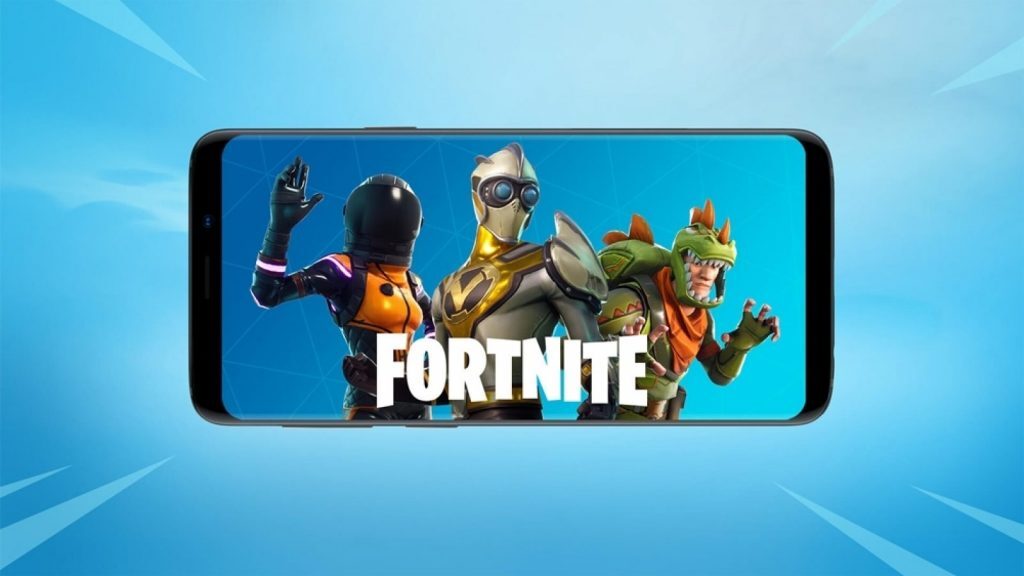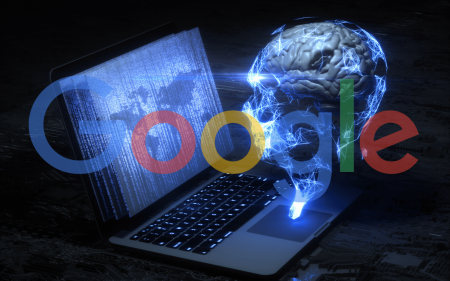By now, if you have any interest in consumer tech (and if you don’t, why are you here?) you’ll know that Apple and Epic Games are having a slugfest in a California Federal court in Oakland.
What you may not know, is what this fracas is all about – what caused it, how did the two companies get here and who is likely to win? Here’s a quick breakdown addressing those questions.
Epic Vs Apple: The Players
Epic Games, if you didn’t know, is the developer of the world’s most popular game, Fortnite. Released back in 2017, this player-vs-player Battle Royale drew players to it like moths to a porch-light and by May of 2020 it had 350 million players.
Recent stats put its active player base at around 30 million per day. Even though the base game is free, Fornite is a massive money-spinner due to the fact players can make in-game purchases for cosmetic items. In its first two years, the game generated $9 billion. That’s a lot of cash.
Apple, well, you know who they are, but for the purposes of this court battle it’s worth bearing in mind that they own the App Store and take anything between 15% to 30% from the profit of any app that’s sold on there – and those that are downloaded for free that contain microtransactions.
So, what happened?
In the beginning everyone liked each other. Epic Games made an app for Fortnite and it appeared on the App Store. Then somewhere around the middle of last year, Epic decided that the 30% cut Apple was taking from its earnings through the iOS app was too steep. So, over the next few months, Epic Games created a way for players to buy in-game currency – V-Bucks – which side-stepped the app store.
In response, Apple chucked Fortnite off the App Store, saying the game now violated its terms and conditions. (In all fairness to Apple, Epic did the same thing to Fortnite on the Play Store and Google chucked them off as well). Then all hell broke loose.
According to Epic CEO Tim Sweeney, the games developer had been gearing up for this fight prior to its movements in August 2020 – when Fortnite was booted off the app store.
Dubbed “Project Liberty” – and it came with a social media campaign and even an ad that riffed on Apple’s 1984 advert – the initiative was designed at forcing Apple’s hand.
Epic then filed an antitrust lawsuit against Apple in Californian courts, followed by another against Google. The essence of Epic’s suit against Apple alleges that because the App Store is the only way for people to install apps and software on their iPhones and iPads, Apple’s running of the store amounts to a monopoly.
Apple, for its part, has said Epic’s actions are simply a way for the developer to boost its own profits. On top of that, it says that the cut it takes from apps on the App Store pay for the rigorous vetting process and security and privacy protections. It’s also pointed to the fact that Android devices do very well in the US and that Google’s Play Store is a competitor.
All of this played out in court over the last couple of weeks.
Who’s going to win?
With closing arguments set to wrap up this week, we’re going to go ahead and call it: Apple will most likely win. Antitrust laws are pretty stringent in the USA and unless the court and jury buy into Epic’s argument that Apple has a monopoly through its control of the App Store, the whole case falls apart. This fight, however, is one that Epic can afford to lose because Fornite still makes oodles of money on other platforms.
However, if Epic wins, the fallout from this case could prove very transformative. Apple may be forced to change the policies on the App Store and that could hit its earnings quite significantly.
What is going happen, regardless of who wins, is that a massive spotlight will be thrown on the nature of smartphones – are they the property of users who should be allowed to use them however they want, or are they the property of Apple with terms and conditions that apply? It also keeps Apple very visible as it faces antitrust allegations from the US government..




